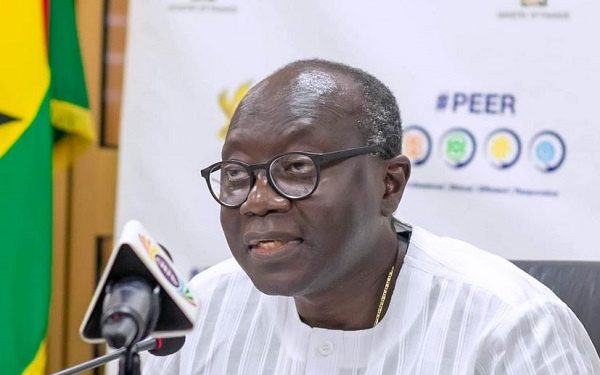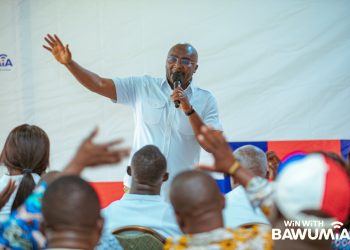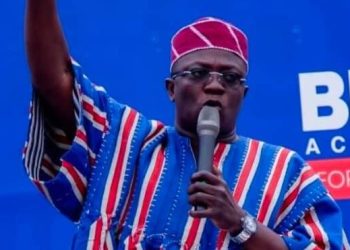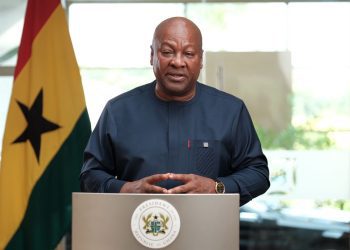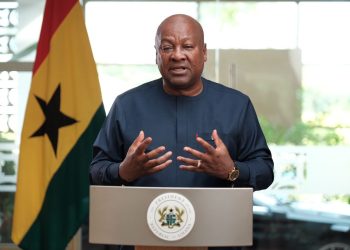Special Prosecutor Kissi Agyebeng has revealed fresh details about why his office could not stop former Finance Minister Ken Ofori-Atta from travelling abroad despite ongoing investigations.
The OSP came under fire after Ofori-Atta left for the United States during a sensitive corruption probe.
Speaking on the KSM Show, Agyebeng said his hands were tied by the lack of cooperation from security agencies and the office’s limited mandate at the time.
He also hinted that Ofori-Atta’s political influence and family ties shaped the outcome.
“Who was in power at that time?… His cousin was President, Nana Akufo-Addo. Let’s face facts.”
According to him, the OSP reached out for support but received no assistance.
“We were not getting the cooperation… It was as if there was a policy of blocking the OSP out.”
Frustration was evident as he described being unable to control airport operations.
“We didn’t watch him leave… We were powerless.”
Agyebeng noted that the situation has since changed, with stronger collaboration now in place to prevent similar issues.
With the OSP set to charge former senior officials by November 2025 over alleged corruption in SML contracts, the prosecutor’s comments signal a more assertive phase for the anti-corruption body.
The OSP announced plans to charge Ken Ofori-Atta and five others for corruption-related offences linked to Strategic Mobilisation Limited (SML).
The others are Ernest Akore, Chef de Cabinet to Mr Ofori-Atta; Emmanuel Kofi Nti and Rev. Ammishaddai Owusu-Amoah, both former Commissioner-Generals of the Ghana Revenue Authority (GRA); Isaac Crentsil and Kwadwo Damoah, former Commissioners of the Customs Division of GRA.
Kissi Agyebeng disclosed at a press conference in Accra following the conclusion of investigations into contractual arrangements involving the Ministry of Finance, GRA, and SML.
He said the OSP would seek to recover financial losses caused by the individuals and pursue the return of GH₵125 million from SML as disgorgement of unjust enrichment.
“This amount was arrived at on two considerations,” he explained. “Firstly, the participation of SML in the public revenue assurance regime was based on largely undeserved automatic payments detached from performance.”
Agyebeng cited SML’s lack of expertise and capacity in transaction audit and external price verification, failure to submit invoices backed by verified reports, and the use of variable percentage-based payments in downstream petroleum audits as contributing factors.

